
Similar Posts
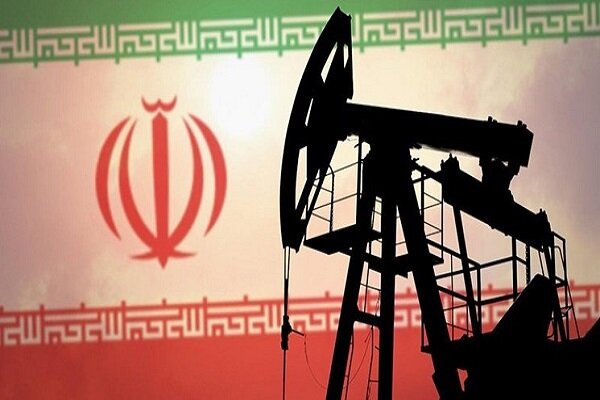
Iran’s Crude Oil Exports to China Soar Amidst US Sanctions
In February, Iranian oil exports to its largest buyer are projected to surge to 1.74 million barrels per day, an 86% increase from January. This rise, driven by new receiving terminals and ship-to-ship transfers, highlights a rebound in Iran’s oil trade. However, geopolitical tensions persist as the Trump administration hints at reintroducing a maximum pressure strategy to reduce Iranian exports significantly. Analysts warn that renewed U.S. sanctions could impact global oil markets, prompting buyers, especially Chinese refiners, to exercise caution. The evolving landscape necessitates close monitoring, as these dynamics will influence pricing and supply chains in the energy sector.
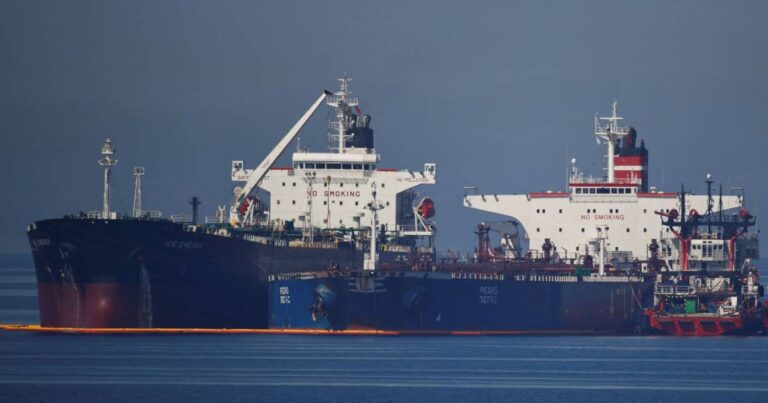
US Moves to Seize $47 Million in Iranian Oil Profits Tied to IRGC Activities
The US Justice Department has filed a civil forfeiture complaint to seize $47 million from the sale of nearly one million barrels of Iranian oil, allegedly benefiting the Islamic Revolutionary Guard Corps (IRGC), designated as a terrorist organization. The complaint details deceptive tactics used to disguise the oil’s origin and falsified documents misrepresenting it as Malaysian. The investigation, led by the FBI and Homeland Security, aims to disrupt financial support for terrorism linked to the IRGC. This action ties back to former President Trump’s maximum pressure policy on Iran, while current sanctions enforcement under Biden has reportedly loosened, increasing Iran’s oil revenues.

Iran and Iraq Forge Stronger Energy Partnership: A New Era of Joint Cooperation
In a meeting in Tehran, Iranian Oil Minister Mohsen Paknejad and Iraq’s Minister of Electricity Ziad Ali Fazel discussed strengthening cooperation in the oil and energy sectors. They emphasized the historical ties between the two nations and the importance of regional collaboration in an evolving global energy landscape. Key points included enhancing bilateral relations, expanding joint ventures, and developing a comprehensive framework for efficient energy production. Both ministers expressed interest in exploring renewable energy opportunities, aiming to position their countries as leaders in sustainable practices. The discussions mark a significant step towards mutual benefits and innovation in the energy sector.
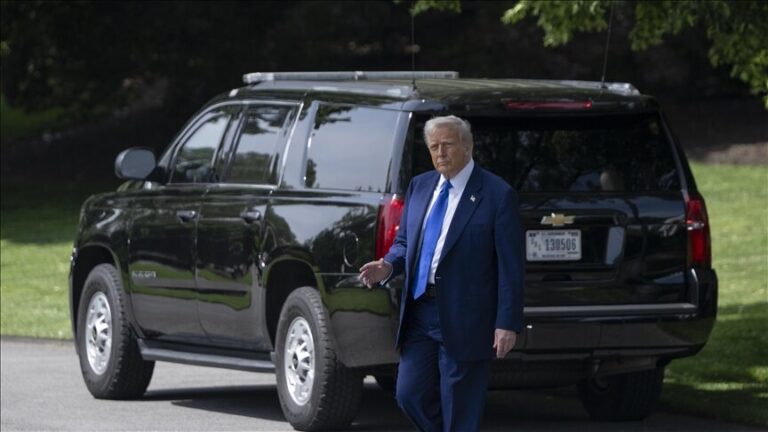
US Proposes $1.45 Billion Arms Deal with UAE: Congress Notification Sparks International Interest
The U.S. and UAE have strengthened military ties through significant defense agreements. The Defense Security Cooperation Agency announced a $1.32 billion sale of six CH-47F Block II Chinook helicopters and support equipment, enhancing UAE’s defense capabilities and aligning with U.S. strategic interests. Additionally, a proposed $130 million sale focuses on F-16 sustainment and spare parts, improving the operational readiness of the UAE’s fleet. These agreements highlight the U.S. commitment to regional stability and the UAE’s role as a crucial ally, particularly amid ongoing geopolitical tensions. The deals coincide with former President Trump’s Middle East trip, emphasizing security collaboration.
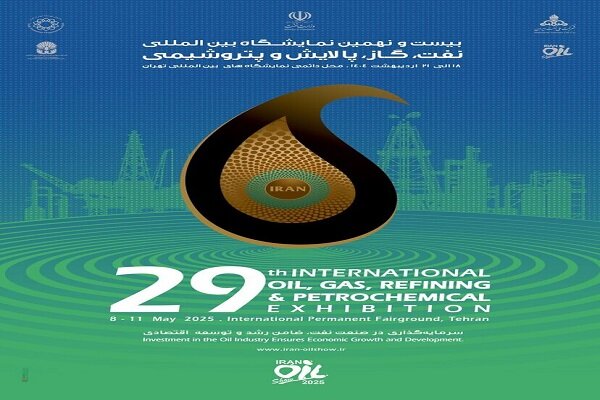
Exciting Iran Oil Show 2025 Set for Tehran on May 8: A Must-Attend Event for Industry Leaders!
The 29th International Iran Oil and Gas Exhibition 2025 will be a key event for the oil, gas, and petrochemical industries, featuring 150 foreign companies from 14 countries and numerous domestic enterprises. The exhibition will facilitate B2B cooperation, showcase cutting-edge technologies, and offer networking opportunities, making it a vital marketplace for industry professionals. Attendees can expect to gain insights into market trends, access the latest advancements, and explore potential partnerships. With workshops and presentations planned, the event promises to drive innovation and collaboration, making it essential for anyone involved in the energy sector.
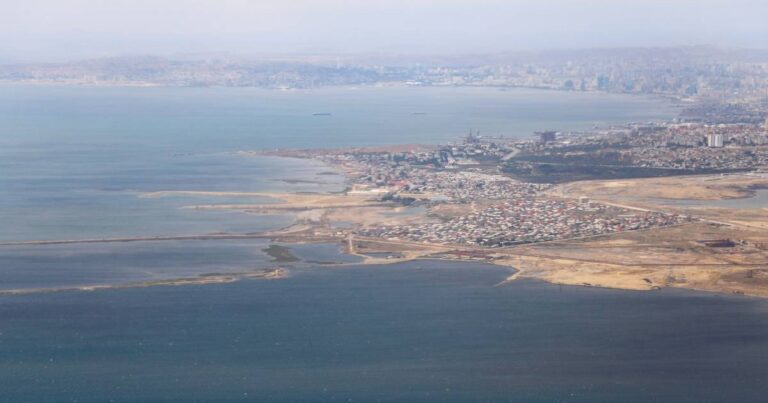
Iran Makes Historic Move: First Caspian Sea Drilling Order in 30 Years
Iran has announced its first drilling order in the Caspian Sea in nearly 30 years, signaling a revival of its exploration efforts. Oil Minister Mohsen Paknejad highlighted the region’s potential, estimating over 600 million barrels of crude oil available for extraction. Currently, Iran is the only Caspian nation not producing oil or gas, while neighboring countries have made significant advancements. Despite historical challenges, including equipment failures and limited foreign investment, Iran aims to enhance its energy independence and economic standing. This move could reshape Iran’s role in the global energy market and attract international investment for offshore projects.